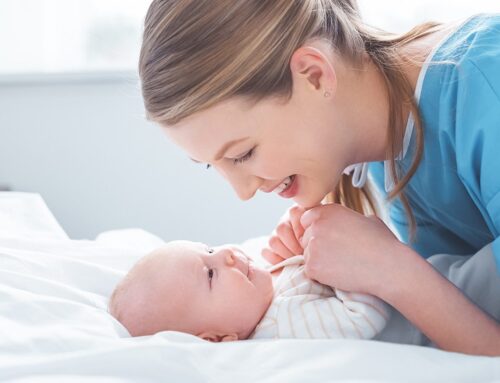It seems that every few days, there is another case of food allergy-related injury or death in the news. In most of these cases, unsuspecting children ingest food without realizing a dangerous allergen lurks within it, only to end up in the hospital or worse shortly thereafter. It’s enough to scare a parent into watching everything their child puts into their mouth!
While you might not have to take that hard of a stance on monitoring your child’s meals, it is a good idea to find out early if your child has any food allergies. It is an even better idea to learn how to identify allergen-containing foods and protect your child from them – as well as what to do in an emergency situation.
Identifying Allergens Early
How can you know if your child has a food allergy? Begin with pediatric allergy testing. Many providers of pediatric care can do this sort of testing as early as a few months old. It might be necessary even earlier if you are exclusively breastfeeding, so be sure to speak to your OBGYN before delivering your baby if you suspect an allergy might be possible. Ask them to recommend providers of newborn care in Phoenix who offer this type of testing.
If your child is already long-since out of diapers, there is no time like the present to have them tested. The sooner you know if they have allergies, the sooner you can protect them from accidental exposure to triggers.
Safeguarding Against Allergens
Once you know your child has a food allergy, it can be tempting to micromanage every bite they take. For younger children, this may be necessary. Read labels carefully and scrutinize ingredients to ensure against accidental exposure. Children with nut allergies can become very ill or even die after eating foods cooked in or containing nut oils, so always air on the side of caution.
For older children, encourage independence while still protecting them by guiding them through the process of choosing their own safe foods. Helping your child to learn what they can and cannot eat is an important part of helping them grow – and keeping them safe in the process.
It is also vital that you and your child both learn what to do in the instance of accidental exposure. Carry an EpiPen or other emergency response measure if necessary and ensure that your child knows how to use it. If you have any questions, speak to the pediatric experts at Pediatrix of Phoenix. We can help you feel prepared, so you and your child can enjoy life more.




